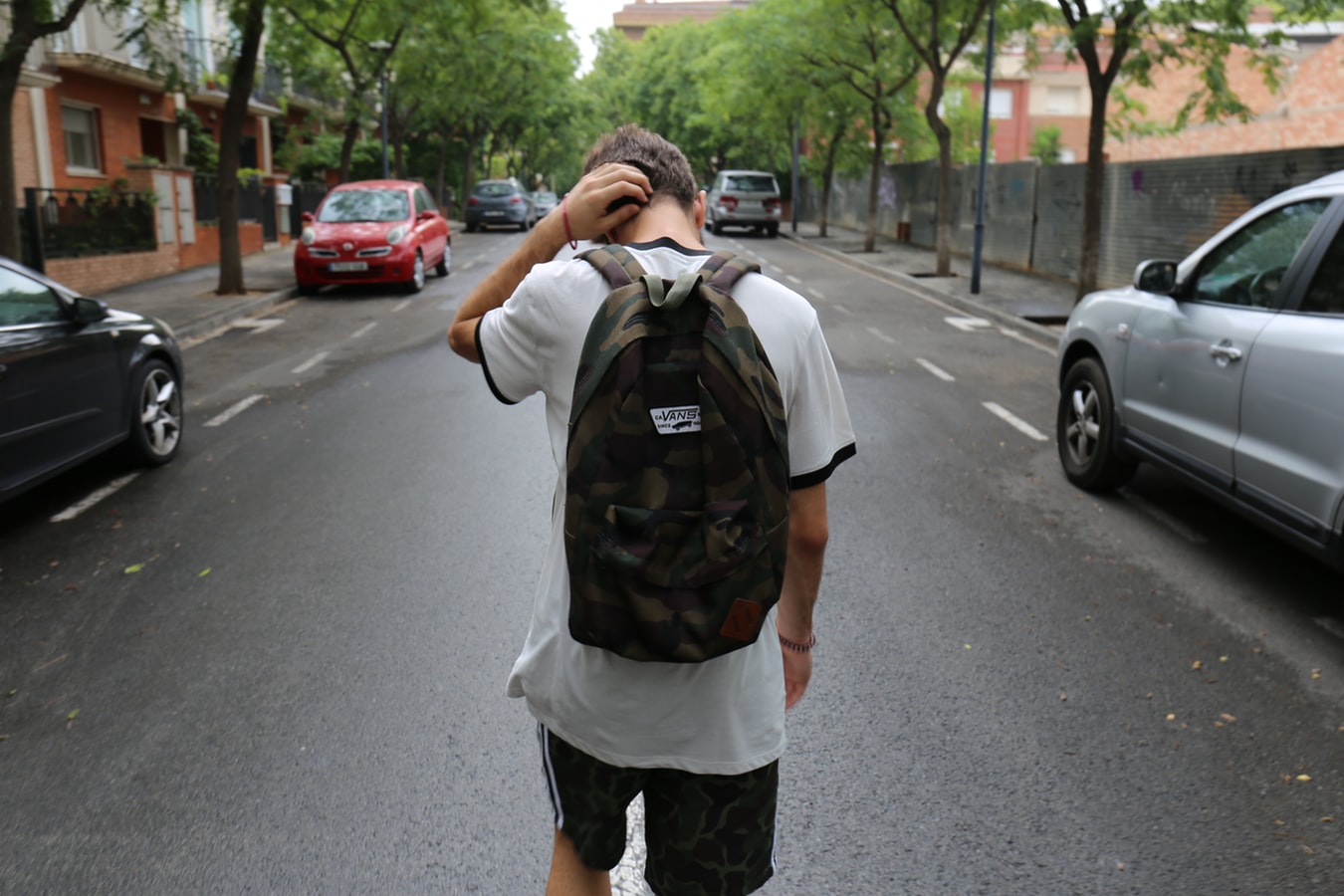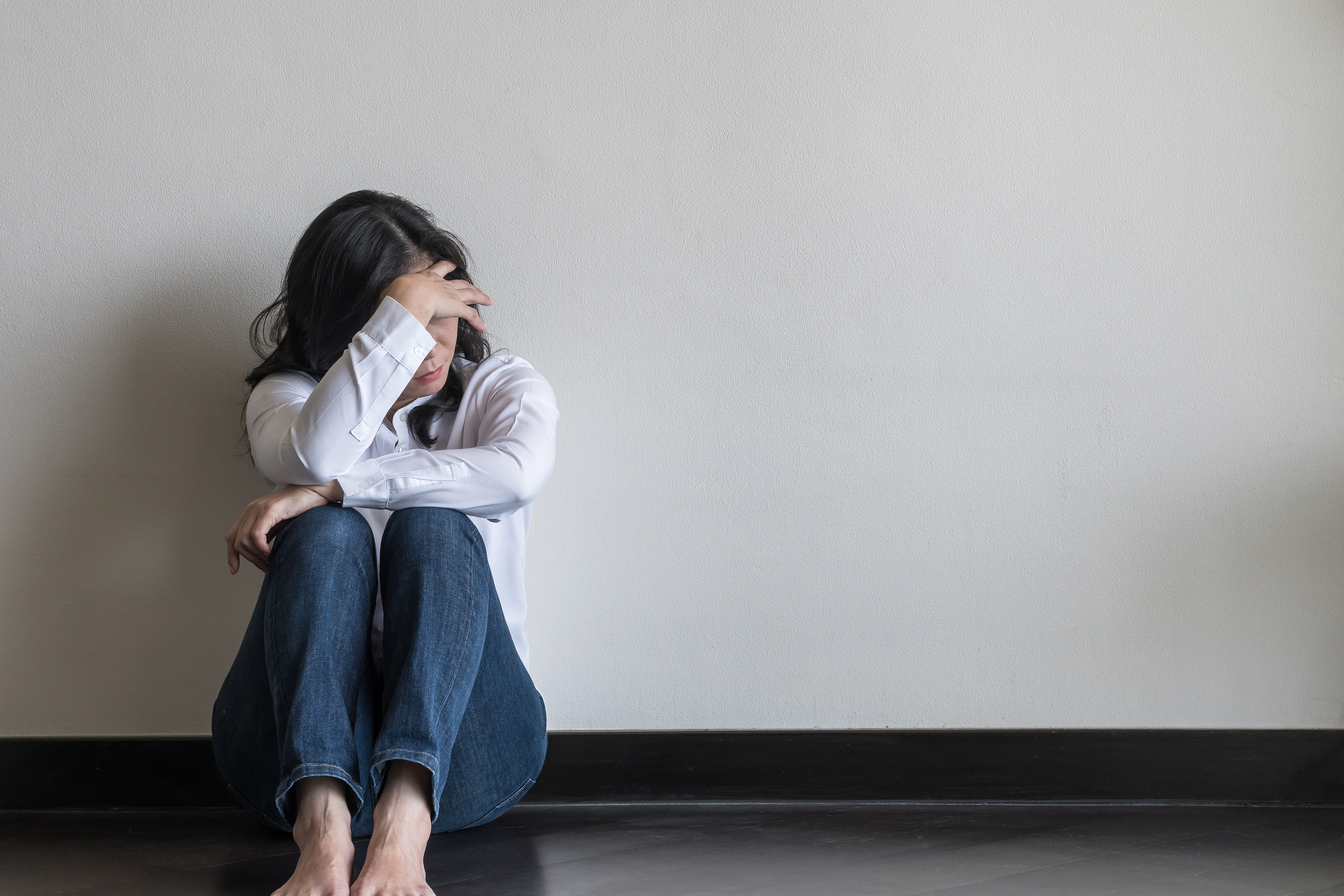The latest data on drug overdose death rates puts the figure at just over 70,000 people per year. While the U.S. government does not track death rates for every single drug, the highest percentage of overdose death rates occur with narcotic painkillers. Heroin, a potent synthetic painkiller, is responsible for an estimated 15,000 overdoses every year in the country. Opioid drugs, including heroin and prescription narcotics, cause almost 50,000 overdoses per year.
For several years, the U.S. has been in a state of emergency regarding opioid addiction and overdose. An estimated 130 people per day in the U.S. overdose from opioid drugs alone. Unfortunately, it can be challenging to determine the early signs of a heroin overdose and get someone the help they need quickly. Below are the common signs and symptoms of a heroin overdose, and what witnesses can do to save a life.
What is heroin?
Heroin is a potent synthetic drug that is sold on the black market. The drug comes from the opium poppy and is related to common prescription narcotics like morphine, Percocet, and fentanyl. Heroin is made in black market labs and sold on the street as either a powder or a sticky, dark-colored residue known as “black tar” heroin. The drug usually looks white or light brown and is often cut or laced with other substances. Chemists will cut heroin with baking soda or sugar, or lace heroin with cocaine or other prescription opioids.
Heroin laced with prescription opioids is one of the most dangerous addictive substances in the world. Deaths linked to heroin cut with fentanyl and carfentanil have increased in the past several years. Fentanyl is a synthetic opioid that is 100 times stronger than morphine. Mainly, fentanyl is used to treat severe pain following surgery or to treat cancer pain. Carfentanil, an animal tranquilizer, is even stronger and more dangerous than Fentanyl. Synthetic opioids are responsible for half of all opioid-related overdose deaths.
What is drug overdose?
A drug overdose is the body’s response to ingesting too much of a substance or combination of substances. People can intentionally overdose as a way to commit suicide, but the majority of overdoses with heroin are accidental. Overdoses are essentially poisonings and can happen with any substance, including prescription medications and alcohol. There are many unintentional drug overdoses that occur in places and at times when someone cannot get swift medical attention. As a result, accidental overdoses are often fatal. Quick medical intervention is the key to saving the life of an overdose victim since many overdoses are treatable. In most cases, though, overdose deaths are related to respiratory failure.
What happens during a heroin overdose?
Heroin is a central nervous system depressant and has similar effects on the body to alcohol and benzodiazepines. Heroin lowers blood pressure, heart rate, and body temperature. Opiate and opioid derivatives like heroin produce intense sedative effects, reduce anxiety, and feelings of discomfort and pain. In cases of a heroin overdose, an individual who takes too much of the drug or mixes the drug with other substances, can induce respiratory failure, go into a coma, and die.

What are the symptoms of a heroin overdose?
When someone initially takes heroin, they will experience a rush of euphoria, well-being, and a quick burst of energy. Soon though, the drug’s sedative effects will take place. The person will become drowsy and appear to nod off. Because this nodding off effect occurs even when a person isn’t overdosing on heroin, it can be difficult for bystanders to realize that the person has taken too much of the drug and is at risk of overdose. People must know and recognize the early signs of a heroin overdose. Some of the other early symptoms of heroin overdose include:
If these early symptoms occur after someone takes heroin, they are in the first stages of a heroin overdose. Getting the person swift medical attention can reverse the effects of the drug. If they do not get help, the following symptoms will occur:

If a person overdosing on heroin falls into a coma, they can vomit while unconscious. When this occurs, they risk choking on their vomit and aspirating. In other instances, people left alone while in the grip of an overdose can eventually stop breathing and die. If someone falls into a coma because of an overdose and is saved, they risk experiencing permanent brain damage from the experience. Loved ones must be able to recognize the early signs of overdose and get their friend or family member help. Fortunately, heroin overdoses are easy to reverse if caught quickly.
If someone suspects their loved one is overdosing, it is important not to leave the person alone. Try to keep them talking and awake, and call 911. While waiting for medical personnel to arrive, ensure that if the person does pass out, they are put on their side. Laying them on their back can lead to aspiration.
How is a heroin overdose reversed?
Many states have Good Samaritan laws on the books that prevent people who report a drug overdose from being charged with a crime. Because of the increase in opioid addiction and overdoses, many emergency responders carry opioid-reversing drugs with them — Naloxone and Narcan are some of the most common opioid reversal drugs. After administering one of these medications to an overdose victim, the person is taken to the emergency room for further evaluation. They may need to stay in the hospital for several days before attending rehab.
Are you or a loved struggling with heroin addiction? It’s never too late to get help and change your life. Please reach out to us at Mission Harbor Behavioral Health today. Representatives are standing by to answer your questions about addiction treatment.
The facilities at Mission Harbor are staffed with trained experts to best assist patients with their mental health issues. We are capable of dealing with any and all cases with a licensed staff, equipment, and approved techniques. Our mission is to help those who want to help themselves, and we support your decision in seeking help.
Get Help Now
Alcohol addiction is extremely difficult to overcome on your own.. Seek specialized help and let professionals guide you in your recovery.

